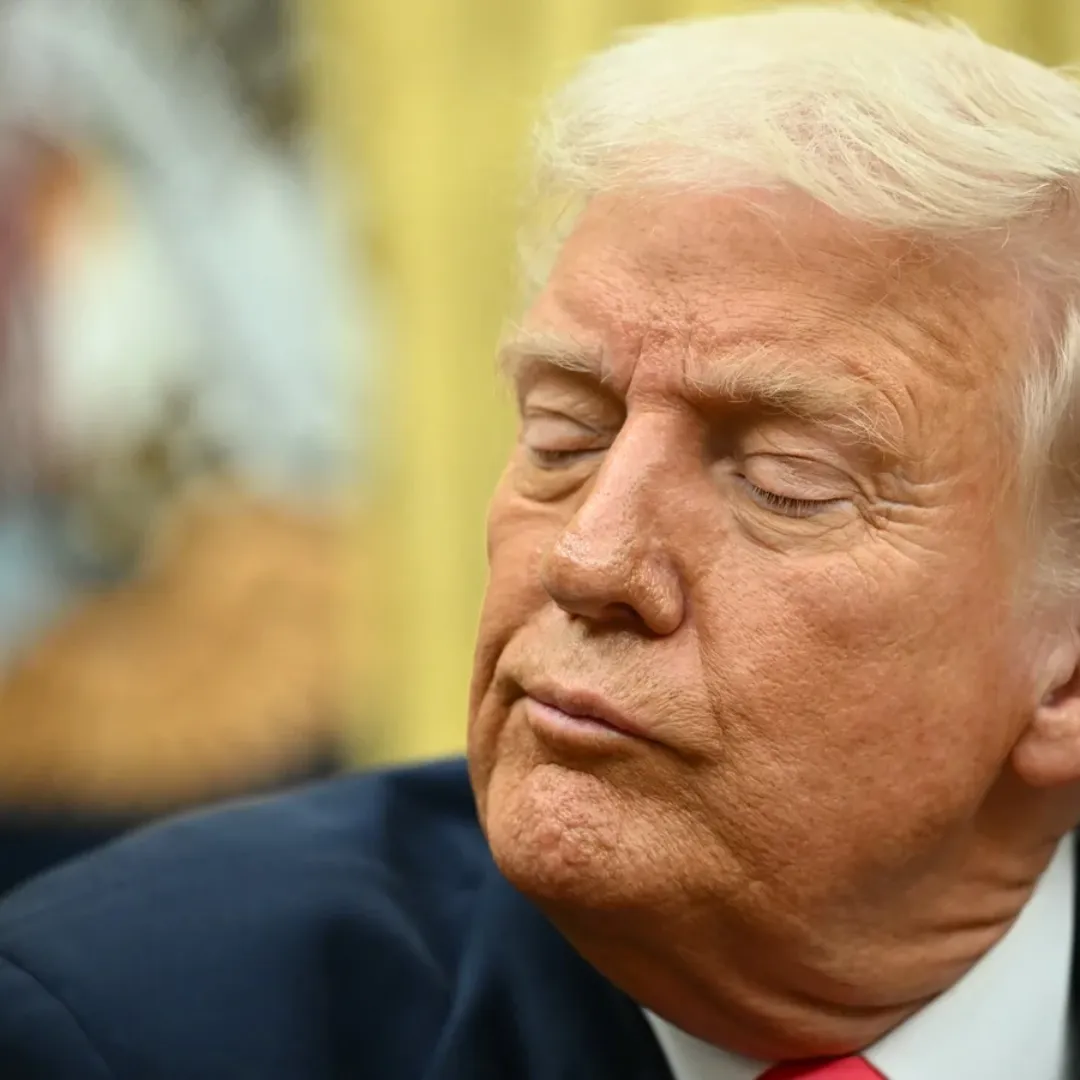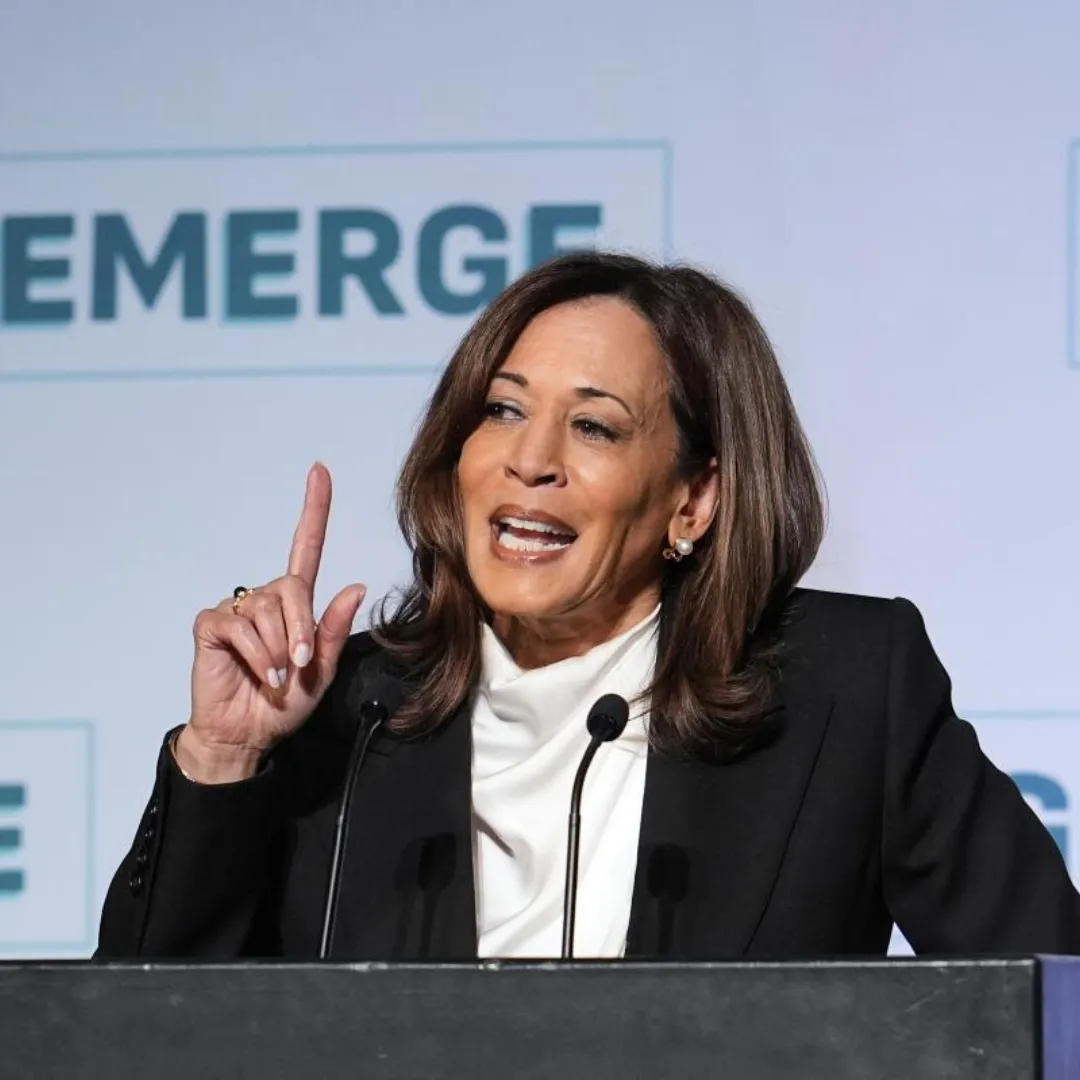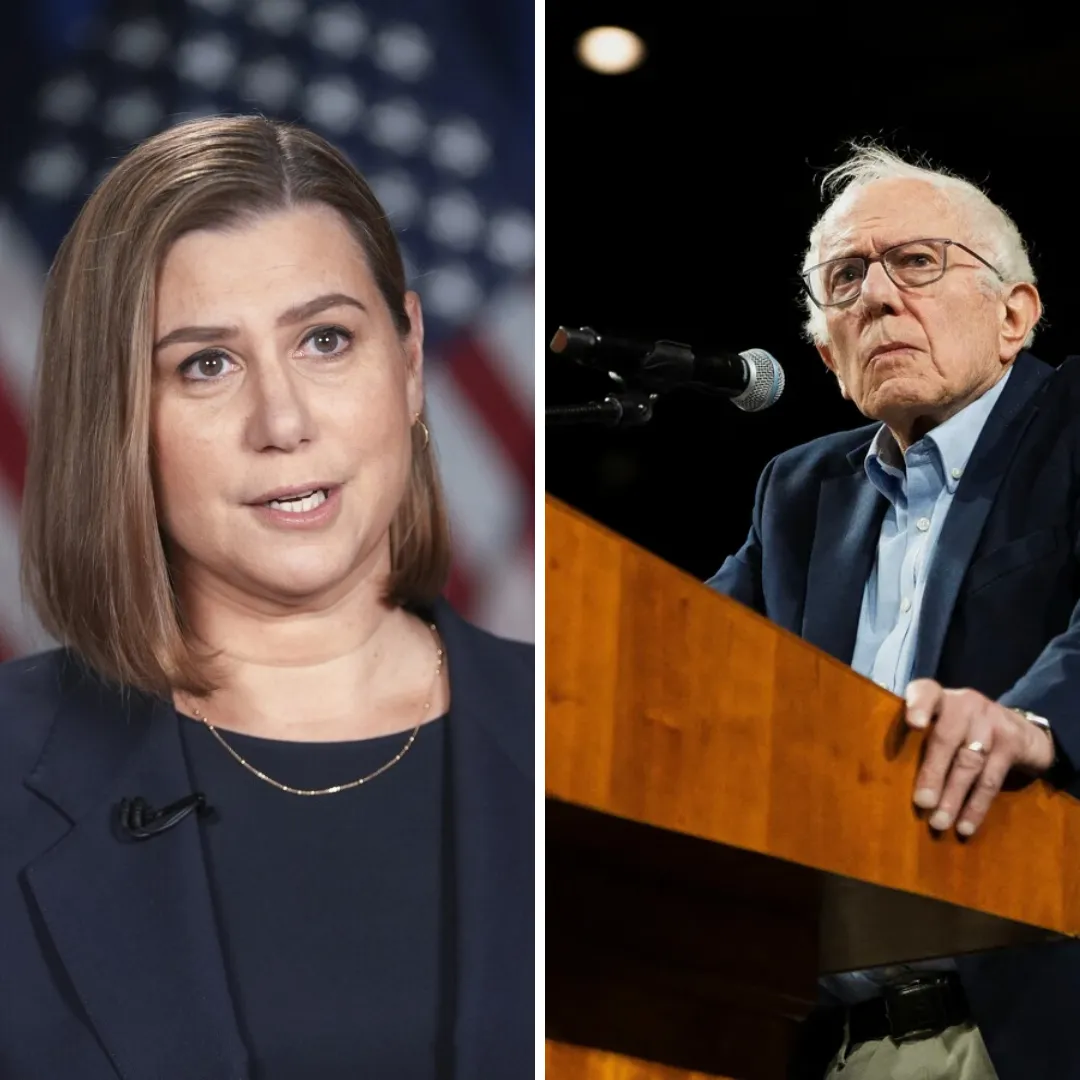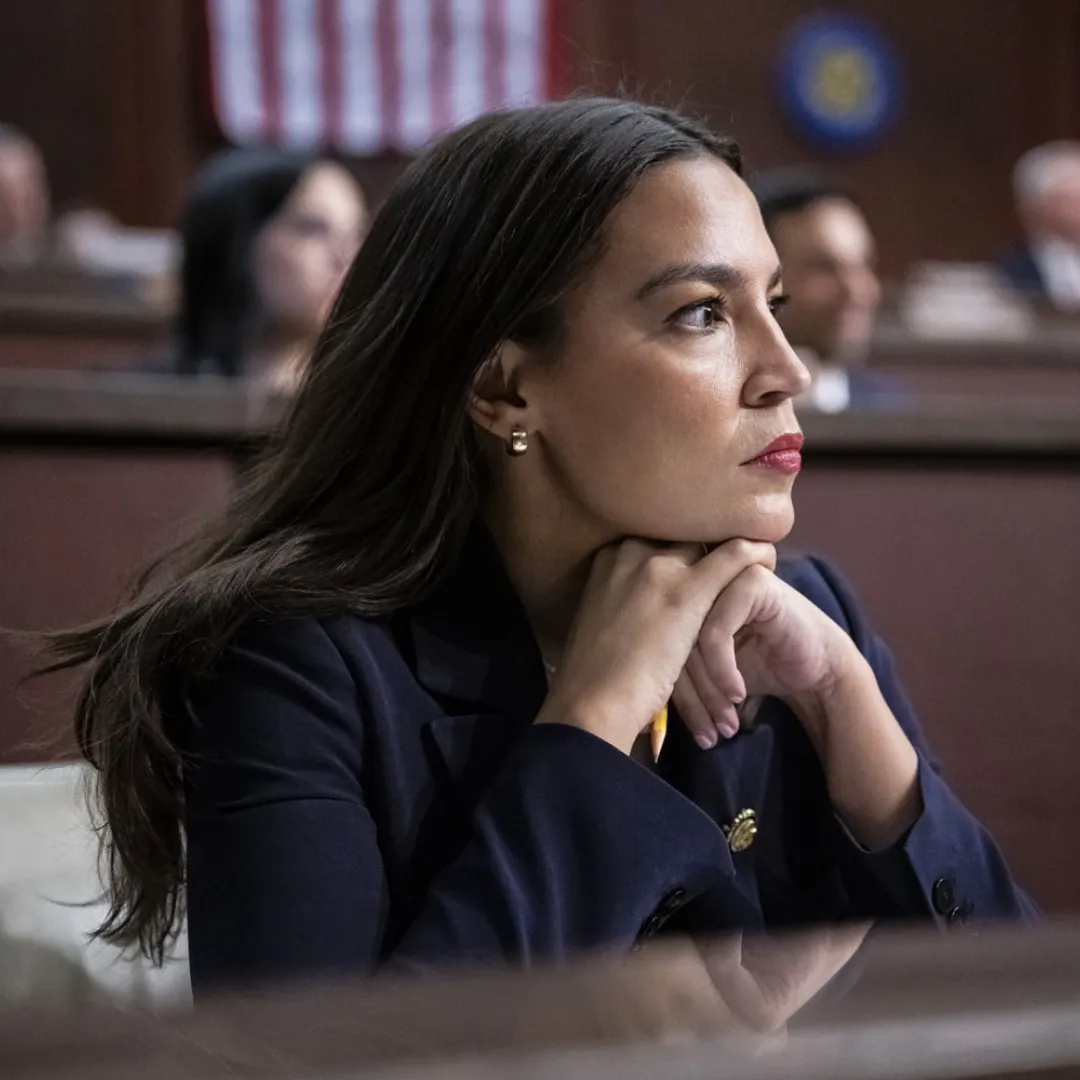Senator Bernie Sanders, an independent from Vermont, expressed his skepticism over recent remarks made by Senate Minority Leader Chuck Schumer regarding the unity of Senate Democrats.
Speaking to CNN’s Kaitlan Collins, Sanders scoffed at Schumer's claim that Senate Democrats are "united" on key issues, questioning what the term "united" actually means in the context of the current political landscape.
Sanders, known for his candid and often combative political style, used the moment to further highlight the divisions within the Democratic Party, especially when it comes to their approach to significant policy debates.
Schumer’s remarks, which were made during a press conference, were intended to convey the idea that Senate Democrats are working together in solidarity as they confront Republican opposition on a range of issues, from healthcare to climate change.
Schumer, in his usual diplomatic tone, suggested that despite the occasional public disagreements, Senate Democrats are ultimately aligned on the broader goals of their party.
He portrayed the Senate Democratic Caucus as an institution that, while diverse in its views, is unified in its commitment to tackling pressing national issues and opposing Republican proposals that, in his view, undermine American values.
However, Sanders' response to Schumer's statements was a clear indication that he does not share the same rosy outlook on the unity of the Democratic Party.
Sanders, who has long been a critic of the mainstream Democratic establishment, questioned the notion that the party was truly united, pointing out that there are significant ideological and strategic differences within the ranks of Senate Democrats.
He argued that this lack of unity is one of the primary reasons the party has struggled to enact more progressive policies and effectively challenge Republican dominance in Congress.
Sanders also hinted that Schumer’s comments may have been more about optics than reality, aiming to portray a sense of cohesion where, in his view, there is none.
This exchange between Sanders and Schumer highlights a deepening rift within the Democratic Party, which has been evident for some time.
On one side are the more moderate, establishment figures like Schumer, who seek to maintain a semblance of unity and cooperation within the party, and on the other are the progressives, like Sanders, who believe the party has failed to live up to its promises and that more fundamental change is needed.
Sanders has consistently advocated for policies such as Medicare for All, the Green New Deal, and student debt forgiveness, positions that put him at odds with many of his more centrist colleagues.
These differences in vision have become a source of tension within the party, particularly as Democrats continue to struggle with defining their identity in the face of widespread disillusionment among their base.
In his remarks to Collins, Sanders expressed frustration with what he sees as the inability of Democratic leaders to push for bolder, more transformative policies. He pointed to the stalled efforts to pass comprehensive healthcare reform and climate change legislation, which were among the central promises of the 2020 Democratic platform.
Despite controlling both chambers of Congress and the White House, Democrats have struggled to pass major legislative reforms, with moderate Democrats often siding with Republicans on key issues.
This lack of progress has led to frustration among Sanders’ supporters, who feel that the party is not delivering on its promises to bring about meaningful change.
Sanders also took issue with Schumer’s characterization of Senate Democrats as being united on the broader goals of the party.
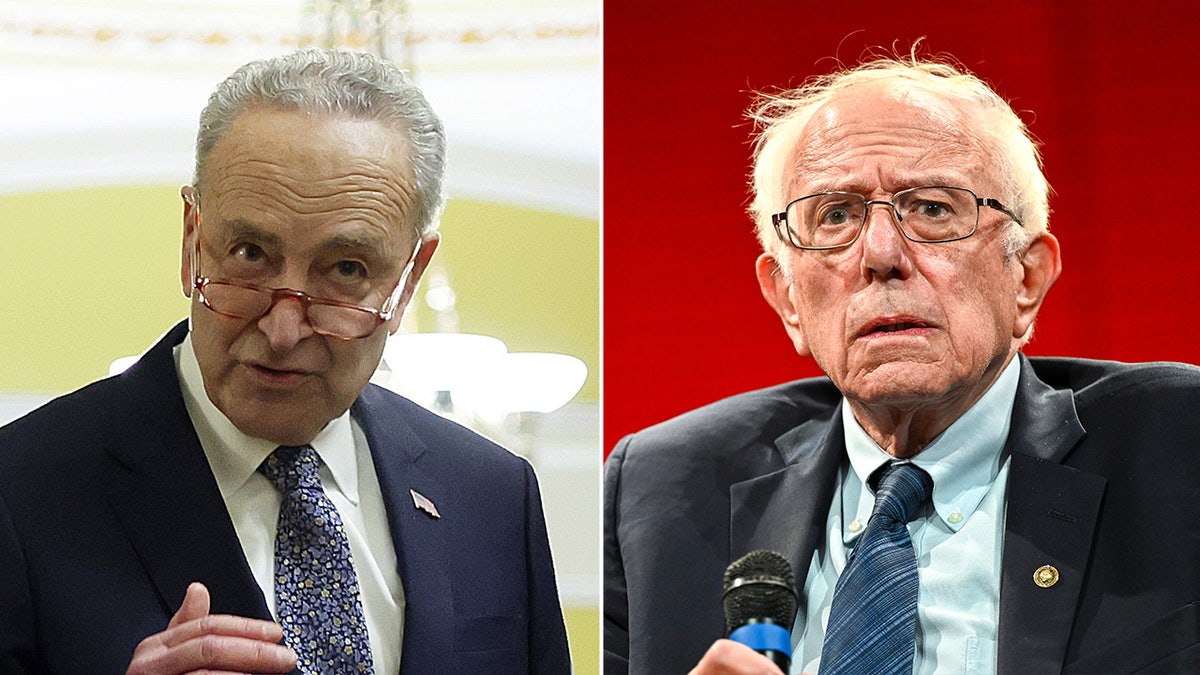
He argued that while Democrats may share some common objectives, their approaches to achieving these goals are often in conflict.
For instance, on the issue of healthcare, Sanders has long advocated for a single-payer system, while many Democrats in the Senate continue to support the more moderate approach of expanding the Affordable Care Act.
This ideological divide has prevented the party from taking bold action on healthcare reform, leaving millions of Americans without the affordable, comprehensive healthcare coverage they need.
Similarly, on the issue of climate change, Sanders has pushed for a Green New Deal, a sweeping package of policies aimed at transitioning the U.S. to renewable energy and creating green jobs.
However, many Senate Democrats have been reluctant to fully embrace such ambitious proposals, instead supporting more incremental measures that fall short of addressing the climate crisis at the scale needed.
This lack of consensus within the party has been a significant barrier to meaningful action on climate change, with Republicans and corporate interests continuing to block any significant progress.
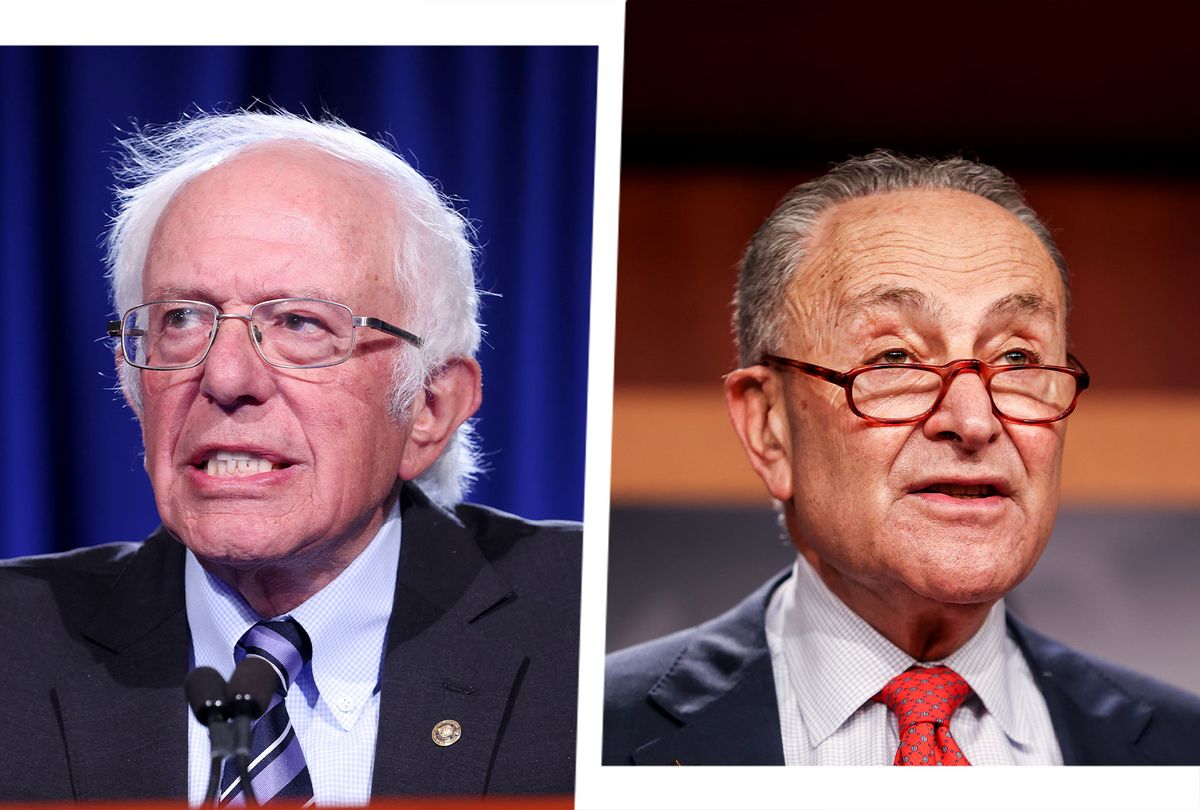
The tensions between Sanders and Schumer are also indicative of a broader struggle within the Democratic Party over its future direction.
As the party continues to grapple with its identity, the divide between progressives and moderates has grown increasingly pronounced.
On one hand, you have progressives like Sanders, Alexandria Ocasio-Cortez, and Elizabeth Warren, who are pushing for a more radical reimagining of the American political system, advocating for policies that challenge the status quo and seek to address systemic inequalities.
On the other hand, you have moderates like Schumer, Joe Manchin, and Kyrsten Sinema, who are focused on maintaining the party’s traditional coalition and working within the existing political structure to achieve incremental change.
This ideological divide has led to growing frustration on both sides, with progressives accusing moderates of being too willing to compromise with Republicans and failing to deliver on the promises made to the party’s base.
Meanwhile, moderates argue that progressives’ more radical proposals are unrealistic and alienate centrist voters who are crucial to winning elections.
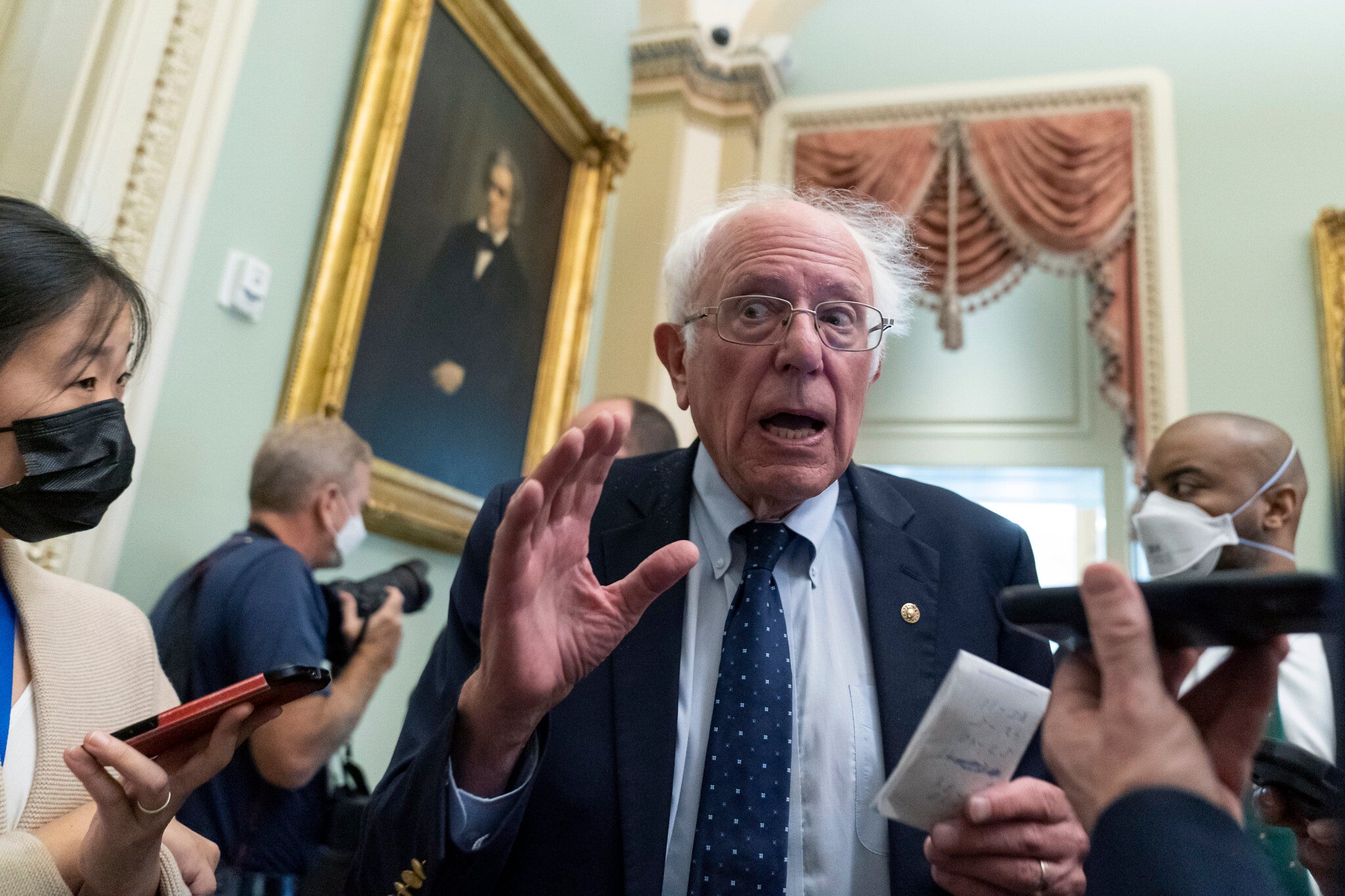
This conflict has created a toxic environment within the party, with both factions constantly at odds over the best path forward.
The divide within the Democratic Party is not just about policy, but also about power. The question of who gets to shape the party’s agenda and lead it into the future has become a central issue.
For progressives like Sanders, the struggle is about shifting the party away from its reliance on corporate donations and Wall Street interests and towards a more populist, grassroots approach that prioritizes working-class Americans.
For moderates like Schumer, the focus is on maintaining the party’s traditional alliances with business interests and navigating the complex realities of governing in a polarized political landscape.
Both sides, however, are united in one regard: they see the Republican Party as a major obstacle to achieving their goals.
The tension between Sanders and Schumer, as well as the broader divide within the party, is likely to continue to play out in the coming months and years.

With the 2024 presidential election looming, the question of who will lead the Democratic Party and what direction it will take is a critical one.
Will the party continue to be dominated by moderates, or will progressives like Sanders and Ocasio-Cortez seize control and push for more radical reforms?
In the wake of Schumer’s comments about unity, it is clear that the Democratic Party is far from being in lockstep.
While there may be shared goals and values, the methods of achieving those goals remain deeply contested.
Sanders’ remarks serve as a reminder that the Democratic Party is not a monolith, and that the tensions between its different factions are unlikely to be resolved anytime soon.
As the party continues to face internal divisions, it will need to find a way to reconcile its competing visions if it hopes to remain a viable force in American politics.
As Sanders continues to challenge Schumer’s narrative of unity, the broader question of the future of the Democratic Party remains unresolved.
The battle for the soul of the party is one that will likely define the next phase of American politics, and the outcome of this struggle will have far-reaching consequences for the country’s political landscape.

Whether the Democrats can find common ground and unite behind a single vision remains to be seen, but it is clear that the path forward will not be easy.
Sanders’ skepticism about Schumer’s claim of unity is a stark reminder of the deep ideological rifts that exist within the party and the challenges it faces as it seeks to navigate the complex terrain of American politics.
The coming months will undoubtedly see more clashes and debates as Democrats attempt to chart their course toward the future.
